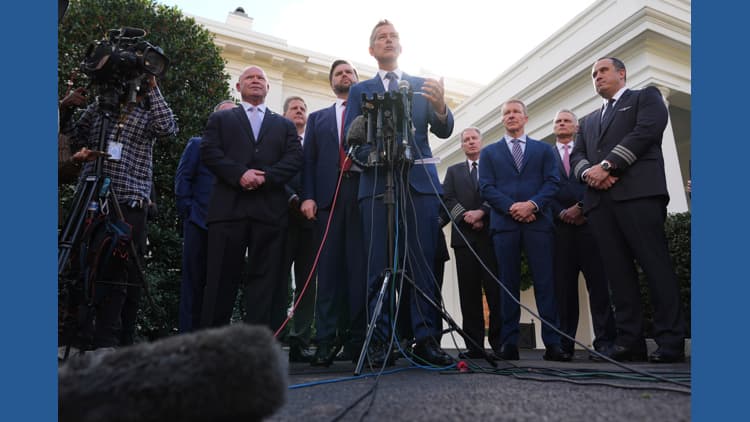Federal Threat to Cut $75 Million From Pennsylvania Over Licenses
The U.S. Department of Transportation warned on November 20 that it could withhold nearly $75 million in federal grants from Pennsylvania unless the state revokes commercial driver licenses it says were improperly issued to immigrants. The move escalates a national confrontation over state licensing policies, with potential consequences for transportation projects, the trucking labor market, and a new round of litigation over federal funding conditions.

On November 20 the U.S. Department of Transportation, according to an Associated Press report, warned it could withhold nearly $75 million in federal funds from Pennsylvania unless the state revokes commercial driver licenses that the department said were improperly issued to immigrants. The action follows similar federal warnings to other states and is part of a broader White House era initiative to contest state and local policies that the administration says conflict with federal immigration and licensing rules.
Pennsylvania officials disputed the federal characterization and urged a more collaborative engagement, setting the stage for a political and legal confrontation between the state and the federal government. The dispute raises the prospect of litigation over the limits of federal authority to condition grants on state compliance with immigration related licensing requirements. That litigation risk could prolong uncertainty for projects that depend on federal transportation dollars.
Economically the threatened withholding is small compared with Pennsylvania’s total transportation funding, yet it has the potential to be disruptive for specific projects and contractors that rely on timely reimbursement. Federal transportation grants often fund bridge and road repairs, transit operations, and support for ports and intermodal facilities. Even a modest shortfall can create cash flow pressures for municipal governments and private contractors, and can delay procurement and construction cycles that have ripple effects on local employment and supply chains.
The controversy also touches on the trucking labor market. Commercial driver licenses enable work for long haul and regional freight carriers, and state level changes to licensing rules can affect the pool of eligible drivers. If Pennsylvania were to revoke licenses, employers could face sudden compliance checks and potential driver shortages that would complicate logistics for manufacturers and retailers that depend on truck transport. The timing matters as the industry continues to adapt to supply chain pressures and fluctuating freight demand.
Politically the dispute underscores tensions between the administration’s emphasis on enforcing federal immigration rules and states that have pursued more inclusive licensing policies for immigrants. The federal government is relying on the leverage of discretionary grant conditions, a tool that has been tested in past policy fights and is liable to prompt judicial review. Courts will be asked to weigh federal spending power against state authority to set licensing standards, a question with implications for federalism and future federal state interactions across issue areas beyond transportation.
For Pennsylvania residents and businesses the immediate questions are operational. State officials will need to decide whether to negotiate with federal counterparts, modify licensing records, or prepare to defend their policies in court. A protracted dispute could slow planned projects, add legal costs, and create uncertainty for employers in the transport sector. At stake is not only a specific funding sum but also the balance of authority over who controls access to credentialed work in an economy that relies heavily on licensed drivers.


